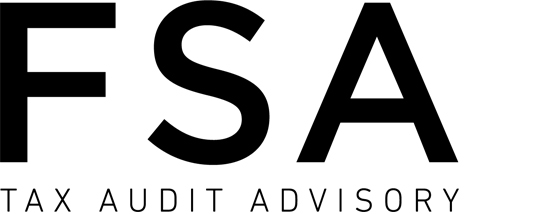For 2023/24, many of the SBE concessions are also available to medium-sized businesses (‘MSBs’), i.e., businesses with an aggregated turnover of less than $50 million.
The following are common strategies that may be considered for all business taxpayers.
Deductions can be maximised for non-SBE business taxpayers by prepaying expenses, accelerating expenditure and/or accruing expenses that have been incurred.
Prepayment strategies
Any part of an expense prepayment relating to the period up to 30 June is generally deductible.
In addition, non-SBE taxpayers may generally claim prepayments in full for expenditure that is:
- under $1,000;
- made under a ‘contract of service’ (e.g., salary and wages); or
- required to be incurred under law.
Note: Medium-sized businesses (‘MSBs’) may fully deduct prepayments made before 1 July 2024 (refer below).
Accelerating expenditure (including depreciation deductions)
Accelerating expenditure involves bringing forward expenditure on regular, on-going deductible items.
In fact, this is a useful strategy for any business taxpayer (i.e., including SBEs) because businesses can generally claim deductions for expenses they ‘incurred’ during 2023/24, even if the expenses have not actually been paid by 30 June 2024.
Examples of accelerated expenditure that may be incurred and claimed as a tax deduction in 2023/24 by a business taxpayer include the following:
- Repairs.
- Maintenance.
- Consumables/spare parts.
- Advertising.
- Fringe benefits. Any employee benefits to be provided, such as property benefits, could be purchased and provided prior to 1 July 2024.
- Superannuation contributions made to a complying fund, to the extent the contributions are actually made (i.e., they cannot be accrued but must be paid by 30 June 2024).
In addition to accelerating expenditure on business items such as those listed above, for 2023/24, non-SBE businesses may claim the following accelerated depreciation deductions for depreciating assets first used (or installed ready for business use) by 30 June 2024:
- Non-SBEs can generally claim the following depreciation deductions (if applicable) for their business assets:
- Assets costing less than $1,000 may be allocated to a Low Value Pool and depreciated at a rate of 18.75% (in 2024) and 37.5% thereafter.
- In most other cases, the asset’s cost is depreciated over its effective life (as determined by the taxpayer or the ATO).
- Under a proposed measure (which is not yet law), the instant asset write-off threshold that usually applies to SBEs is to be increased (to $20,000 or $30,000) and potentially extended to non-SBEs with an aggregated turnover of between $10 million and $50 million as from 1 July 2023.
Accrued expenditure
Business taxpayers (including SBEs) are entitled to a deduction for expenses incurred as at 30 June 2024, even if they have not yet been paid.
Examples of expenses that may be accrued and claimed as a tax deduction in 2023/24 include:
- salary or wages and bonuses accrued for the number of days that employees have worked but have not been paid as at 30 June 2024;
- accrued interest outstanding on a business loan that has not been paid;
- commission payments owing to employees or other external parties;
- the fringe benefits tax (‘FBT’) instalment for the June 2024 quarter, if it is due but not payable until July 2024; and
- directors’ fees payable as at 30 June 2024, where the company is definitively committed to the payment.
Should you have any questions on the above, please don’t hesitate to contact us.




